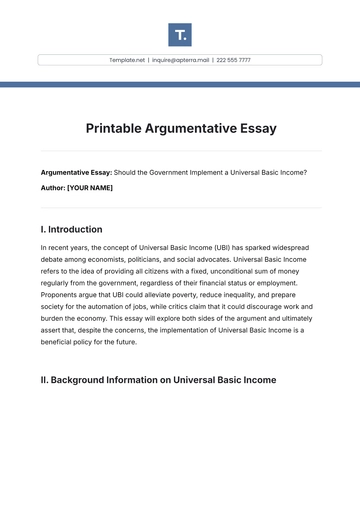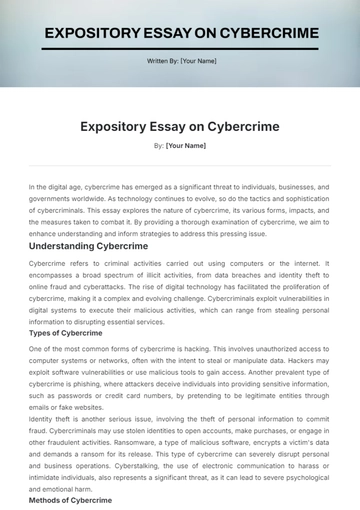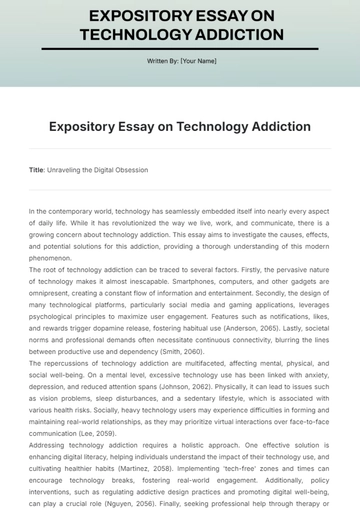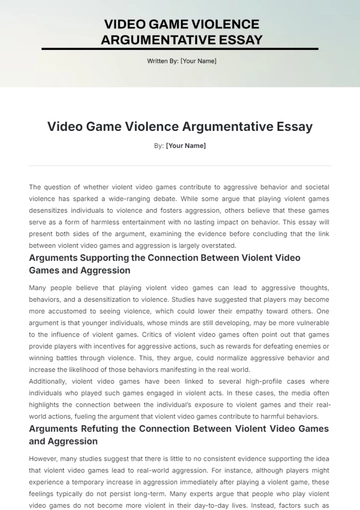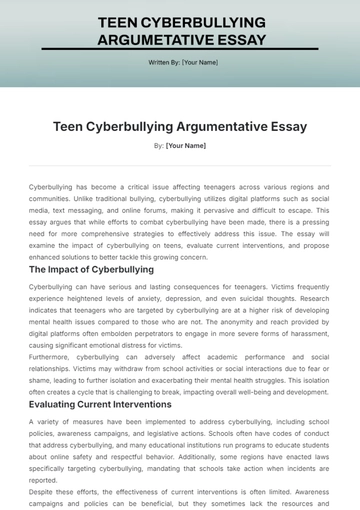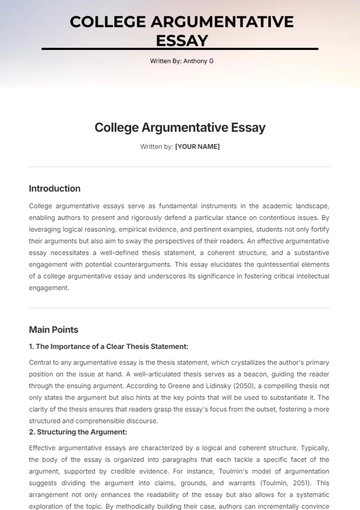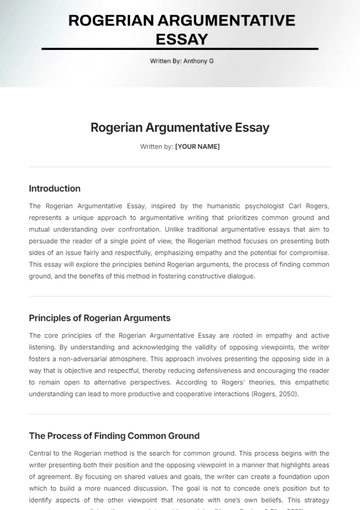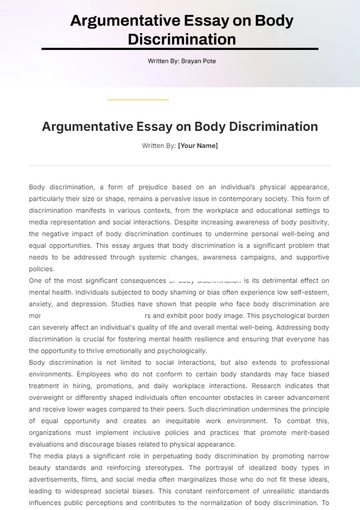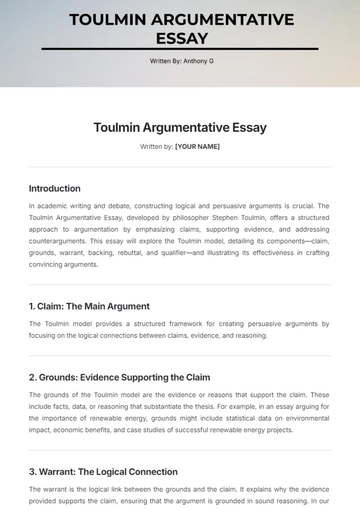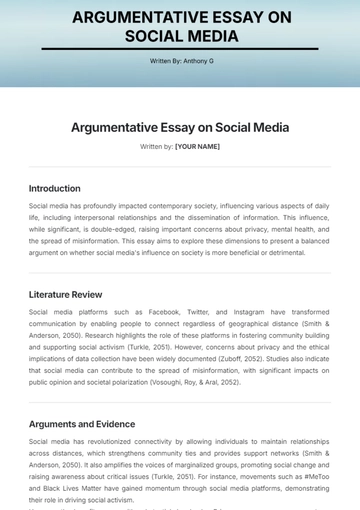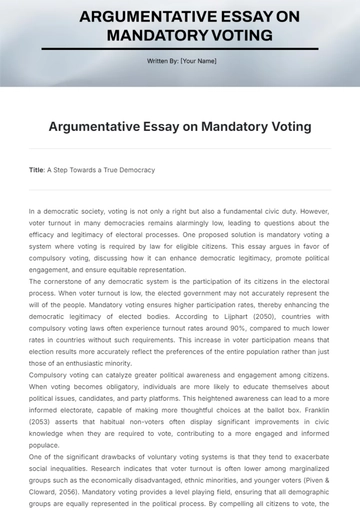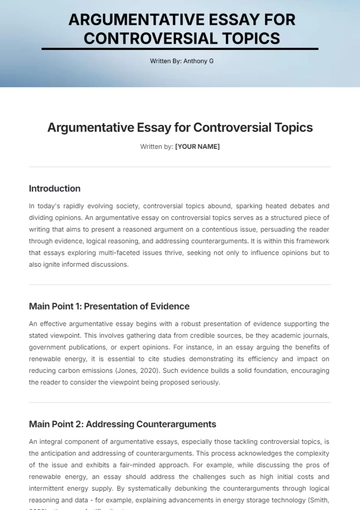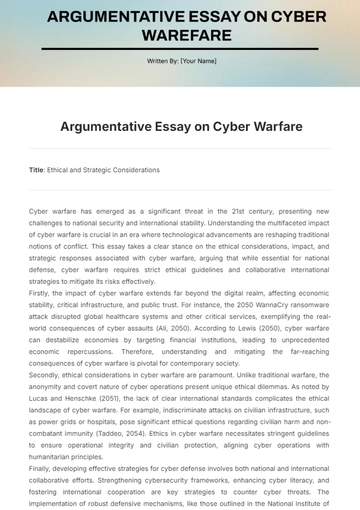Free Video Game Violence Argumentative Essay
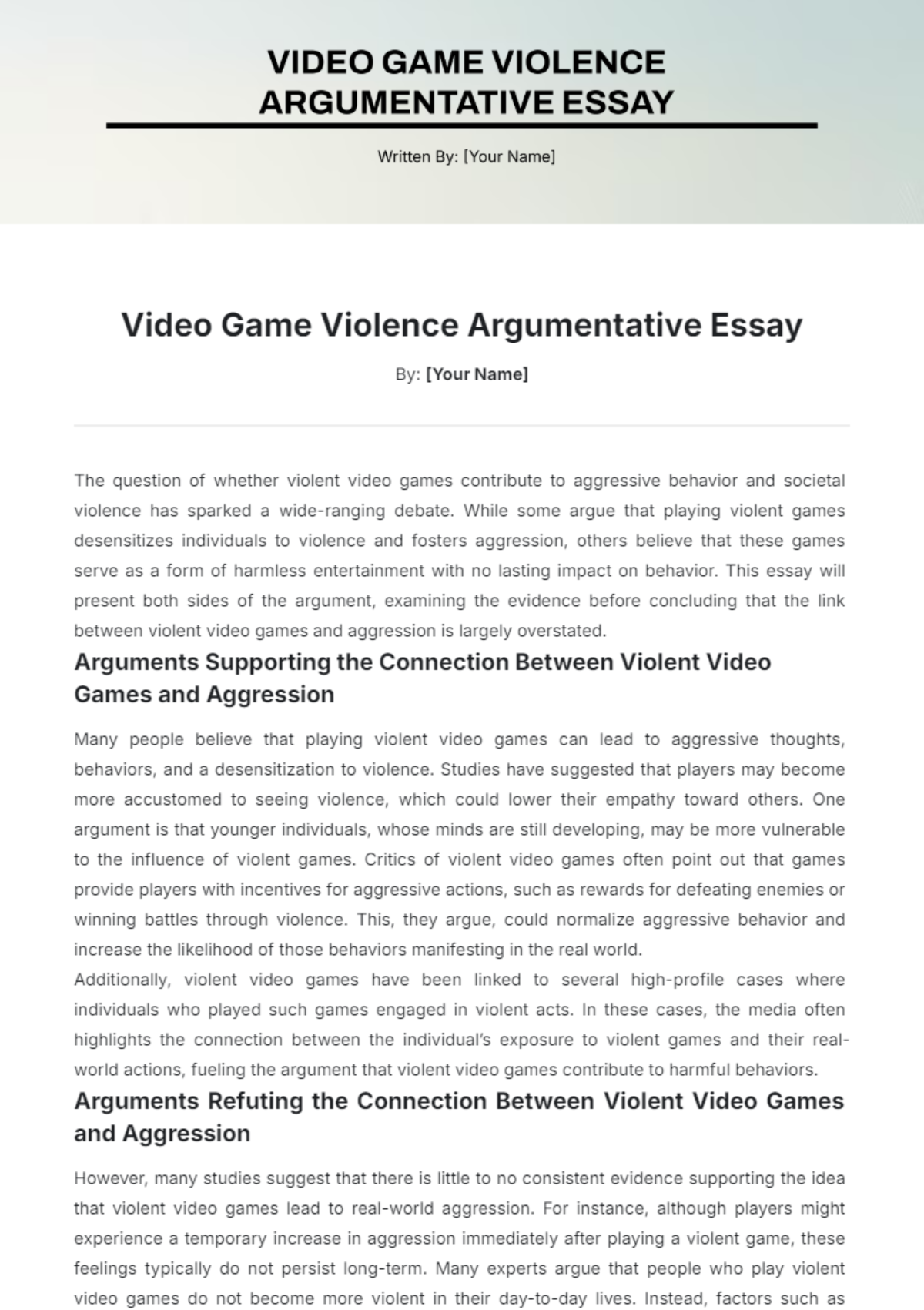
By: [Your Name]
The question of whether violent video games contribute to aggressive behavior and societal violence has sparked a wide-ranging debate. While some argue that playing violent games desensitizes individuals to violence and fosters aggression, others believe that these games serve as a form of harmless entertainment with no lasting impact on behavior. This essay will present both sides of the argument, examining the evidence before concluding that the link between violent video games and aggression is largely overstated.
Arguments Supporting the Connection Between Violent Video Games and Aggression
Many people believe that playing violent video games can lead to aggressive thoughts, behaviors, and a desensitization to violence. Studies have suggested that players may become more accustomed to seeing violence, which could lower their empathy toward others. One argument is that younger individuals, whose minds are still developing, may be more vulnerable to the influence of violent games. Critics of violent video games often point out that games provide players with incentives for aggressive actions, such as rewards for defeating enemies or winning battles through violence. This, they argue, could normalize aggressive behavior and increase the likelihood of those behaviors manifesting in the real world.
Additionally, violent video games have been linked to several high-profile cases where individuals who played such games engaged in violent acts. In these cases, the media often highlights the connection between the individual’s exposure to violent games and their real-world actions, fueling the argument that violent video games contribute to harmful behaviors.
Arguments Refuting the Connection Between Violent Video Games and Aggression
However, many studies suggest that there is little to no consistent evidence supporting the idea that violent video games lead to real-world aggression. For instance, although players might experience a temporary increase in aggression immediately after playing a violent game, these feelings typically do not persist long-term. Many experts argue that people who play violent video games do not become more violent in their day-to-day lives. Instead, factors such as personal background, upbringing, and social influences play a much larger role in determining behavior.
Moreover, if violent video games were a significant cause of aggression, one would expect countries with high video game consumption to have elevated levels of violence, but this is not the case. Some countries with widespread gaming, including violent games, have low rates of violent crime. This undermines the argument that these games are a major cause of societal violence. Furthermore, video games can provide an outlet for stress and frustration, offering players a controlled environment where they can express their emotions without real-world consequences.
Conclusion
In conclusion, while the debate surrounding video game violence continues, the evidence linking violent video games to aggressive behavior remains inconclusive. Although some people may feel that violent games foster aggression, many studies show that the connection is weak and often overstated. Factors such as family environment, mental health, and personal experiences play a far more significant role in shaping behavior. Rather than focusing solely on video games as a source of aggression, it is essential to consider the broader context of an individual’s life when examining the causes of violent behavior. Ultimately, video games, like other forms of media, may reflect certain themes, but they do not determine how individuals act in their daily lives.
- 100% Customizable, free editor
- Access 1 Million+ Templates, photo’s & graphics
- Download or share as a template
- Click and replace photos, graphics, text, backgrounds
- Resize, crop, AI write & more
- Access advanced editor
The Video Game Violence Argumentative Essay Template from Template.net provides an editable and customizable framework for crafting a persuasive essay on the impact of video game violence. Perfect for students and professionals, this template allows you to easily adjust the content to fit your arguments and style. Save time and ensure clarity with a user-friendly design that helps you present a compelling case on this important issue.

